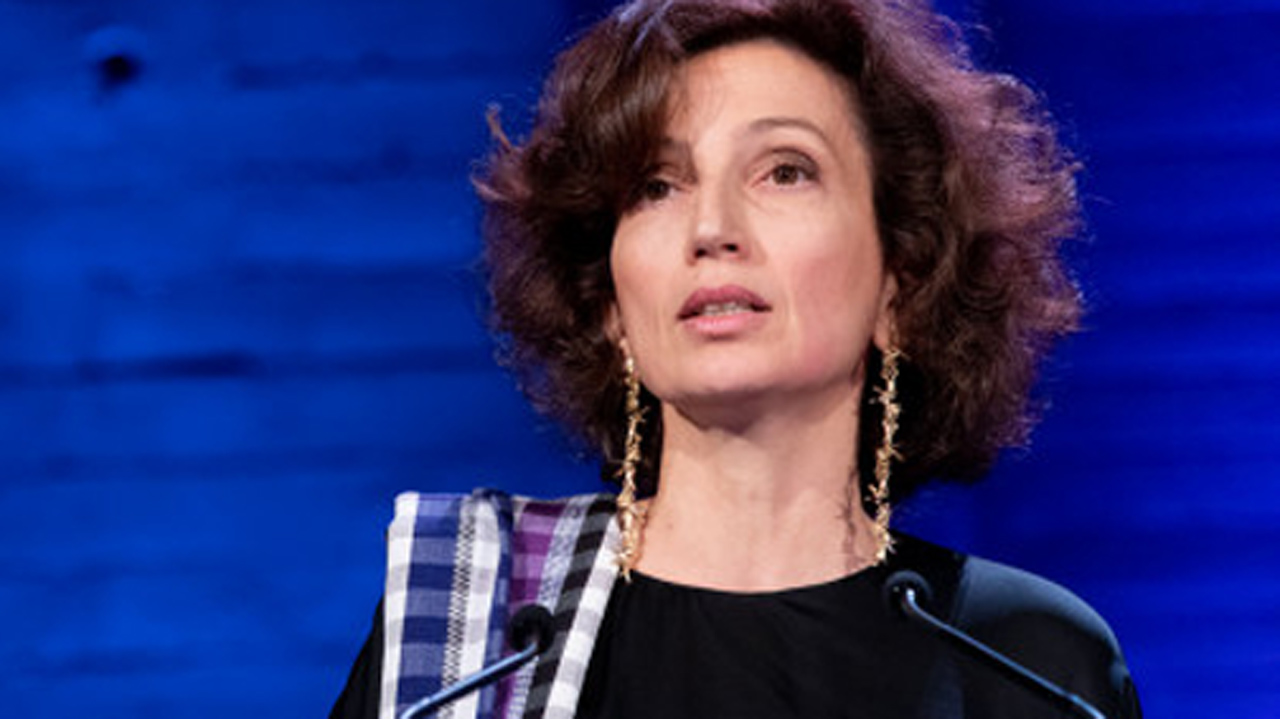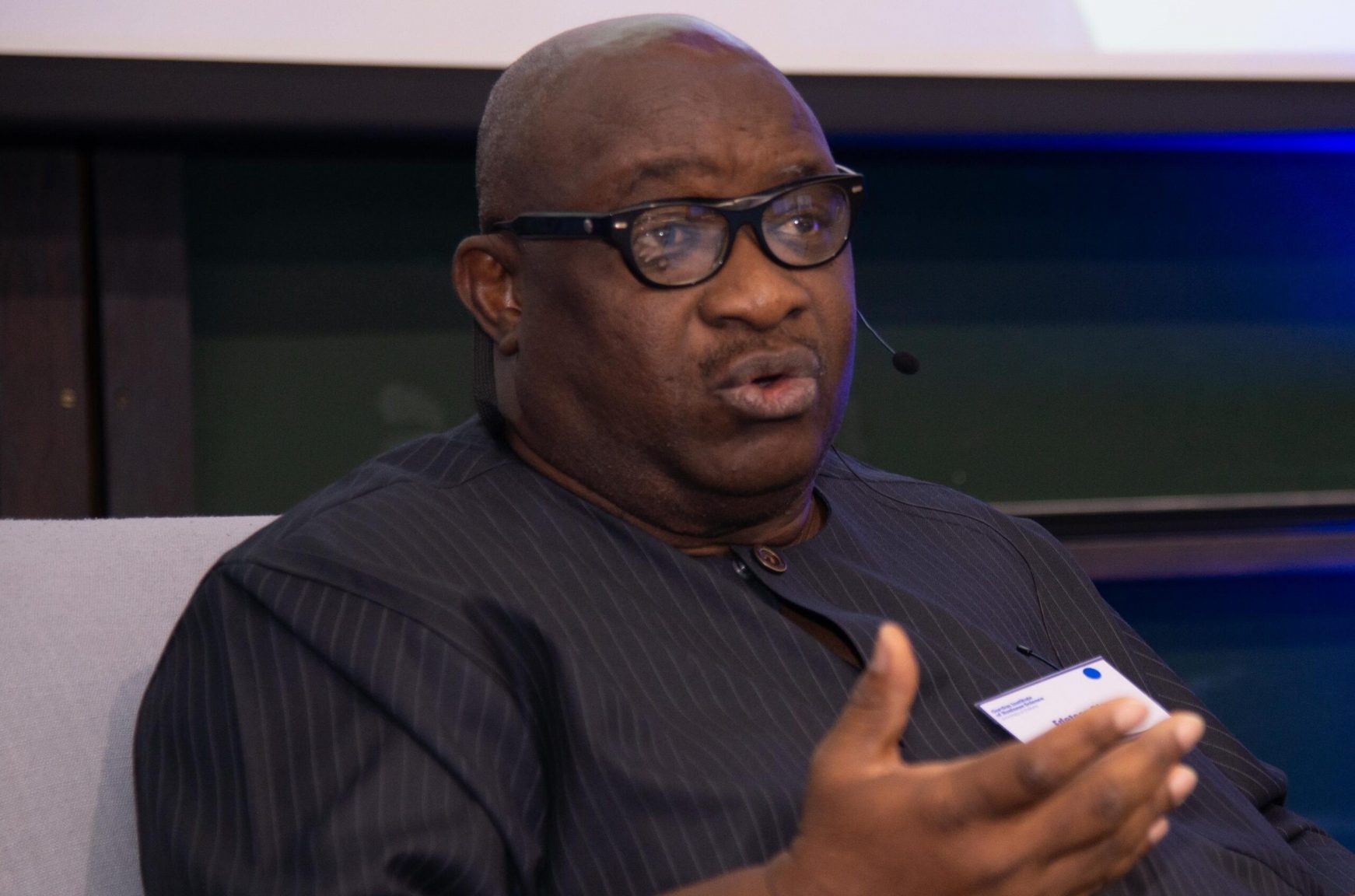Author: Oludamola Adebowale /Akínwándé Olúwọlé Babátúndé “Wọlé” Ṣóyínká, born on July 13, 1934, in Abeokuta, Nigeria, was destined for greatness from birth. When he was born to Samuel Ayodele Soyinka (fondly called “Essay”) and Grace Eniola Soyinka (whom he called “Wild Christian”), little did his parents know the impact their newborn would have on the world and the battles he would fight and endure throughout his life.
Where Wole Soyinka comes from

A descendant of the rulers of Isara, an ancient town in Ogun state in southwest Nigeria, Soyinka was born the second of his parents’ seven children. While his parents saw the innocence of a child, the heavens saw a man whose path to greatness would be fraught with challenges. At just three years old, Wole Soyinka decided to attend school rather than stay home. A sign of his inherent determination and independence.
Fighting for justice and humanity
By 1947, during the Egba Women’s Riot against the oppressive taxation policies of the colonial government, the young Soyinka played a small but crucial role. His mother was a lieutenant in the protest and an aunt-in-law to the prominent activist, Olufunmilayo Ransome-Kuti. The young Wole served as a messenger, navigating through the legs and corners of the protesting women, ensuring the leaders’ messages were delivered.
After attending St. Peter’s Primary School in Abeokuta, Soyinka went to Abeokuta Grammar School, where he won several prizes for literary composition. In 1946, he was accepted by Government College in Ibadan, one of Nigeria’s elite secondary schools at the time. He continued his education at University College Ibadan (1952–54), affiliated with the University of London, studying English literature, Greek, and Western history under the guidance of British literary scholar Molly Mahood.
During his time at University College, Soyinka began work on Keffi’s Birthday Treat, a short radio play broadcast in July 1954 for the Nigerian Broadcasting Service. He also co-founded the Pyrates Confraternity, Nigeria’s first student confraternity, which fought corruption and sought equal justice for the people.
In April 1960, he produced his new satire, The Trials of Brother Jero, at Mellanby Hall, University College Ibadan. That same year, his play A Dance of The Forests won the contest to be the official play for Nigeria’s Independence Day celebrations. Premiering in Lagos on October 1, 1960, the play critiqued Nigeria’s political elites and satirised the notion that the present was any more a golden age than the past.
Wole Soyinka and his fight for justice and humanity
Soyinka’s fight for justice and humanity became a hallmark of his career. He vocally opposed the Nigerian Civil War and advocated for a peaceful resolution, even meeting secretly with Biafran leader Chukwuemeka Odumegwu Ojukwu. This act of defiance led to his arrest and 22-month imprisonment in solitary confinement. While in prison, he studied mathematics, a subject he had despised, to keep his sanity and even survived several assassination attempts.
Upon his release in October 1969, Soyinka continued to write and advocate for humanity. His perseverance and brilliance are globally recognised. In 1986, he became the first African to win the Nobel Prize in Literature.
Despite his achievements, Soyinka’s battles were far from over. During General Sani Abacha’s military regime, a bounty was placed on his head. And he was relentlessly pursued. Yet, Soyinka continued to write and speak out against the dictatorship, willing to pay the ultimate price for freedom and justice.
An enduring legacy
Soyinka’s influence extends beyond his literary prowess. He has been a constant voice for justice, democracy, and human rights. He uses his writings and public engagements to challenge oppressive systems and advocate for societal progress. His plays, poems, and essays reflect a deep commitment to critiquing power structures and championing the oppressed. Works such as Death and the King’s Horseman, The Man Died: Prison Notes, and You Must Set Forth at Dawn highlight his literary genius and unwavering stand against tyranny.
Throughout his career, Soyinka has faced immense personal risk for his convictions. His involvement in the Nigerian Civil War, during which he sought to prevent further bloodshed by negotiating peace, resulted in solitary confinement—a period during which he wrote some of his most profound works. His relentless opposition to the military dictatorship of Sani Abacha in the 1990s forced him into exile. Yet, he continued to be a thorn in the side of oppressive regimes.
READ ALSO: Deep Water – Can Art Solve Nigeria’s Water Crisis?
Championing humanity through literature

Soyinka’s academic contributions are equally notable. He has held various teaching positions around the world. Some at Harvard, Yale, and Emory universities. He shared his wealth of knowledge and inspiring a new generation of thinkers and writers. His role as a global intellectual is obvious by his involvement in numerous international organisations. And his receipt of numerous awards and honorary doctorates from institutions worldwide.
At 90, Wole Soyinka remains a vital force in global literature and politics. His recent works and public engagements continue to demonstrate his unyielding commitment to justice and human dignity. Despite the passing of decades, his voice has not wavered, and his influence has not diminished. Instead, he has adapted to new challenges and continues to speak truth to power, inspiring countless individuals around the world.


















